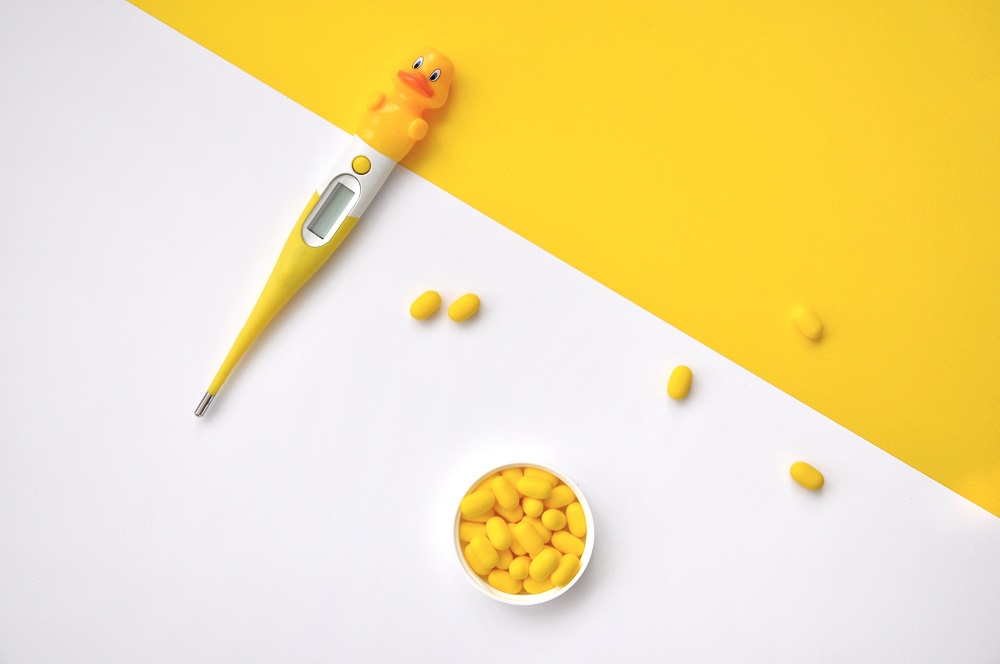We all know how beneficial multivitamins can be for your health an well being, but exactly how important are they, and should we be getting our kids involved? We spoke to Jenny Logan, nutritionist and mum of one, at Natures Aid about the importance of children’s vitamins.
Why should my kids take children’s vitamins?
Vitamins play an important role in a child’s development, to help them grow, develop, and stay healthy. While many of us are aware that a child can get the nutrients they require from a healthy and well-balanced diet, this can be difficult to achieve with children who are fussy with their food. Indeed, recent research conducted by Natures Aid reveals that mealtimes can be stressful in some households, with picky eaters causing problems for 72% of parents by refusing certain foods.
Mealtimes can also be stressful when they get messy, particularly with babies and toddlers – we’ve been encouraging parents to share their stories and support each other via our #NoFilterFeeding campaign on social media. It’s important that children do not feel stressed around food, and to understand that they are discovering tastes and textures as they explore their environment. So those real-life feeding moments, when food ends up on the floor, walls and basically everywhere other than their mouth, are an important part of their development.
However, all this does mean that there will be times where you may be concerned that your child isn’t getting all the valuable nutrients they need – this is where vitamins can help. They provide a simple, fuss-free bridge between what they should eat and what actually ends up where it is meant to and provide parents with the reassurance that all the main nutritional bases are being covered.
At what age should children start to take vitamins?
Children need nutrients to grow and develop, including Vitamin D, which is required for the development of the immune system and healthy bones. However, breast milk is low in this nutrient, so children who are exclusively breast fed may be at risk of low Vitamin D as a result. Breastfed children could therefore take a Vitamin D supplement from birth. This is not always required for bottle fed children, simply because formula milks are often enriched with Vitamin D.
In terms of other vitamins, as parents start weaning, often around 6 months, it can be hard to know whether our children are getting all the vitamins they need. For this reason, The UK Department of Health suggests that children from 6 months old should take a vitamin providing Vitamins A, C and D daily.
What is the best way to give young children vitamins?
In my opinion, it’s best to use liquids, especially for young children. They are fuss free and easy to add to food and drink. Chewable tablets and gummies represent a choking hazard, and will often contain additional ingredients such as sugars, sweeteners, and gelatine. A young child does not have the same palate as an adult and does not need their products to be particularly sweet or strongly flavoured, so the product should not need to contain anything other than the nutrients provided and possibly a natural favouring.

Just a group of real women dealing with life’s daily struggles! Want to write for us? Email: hello@thedailystruggle.co.uk

